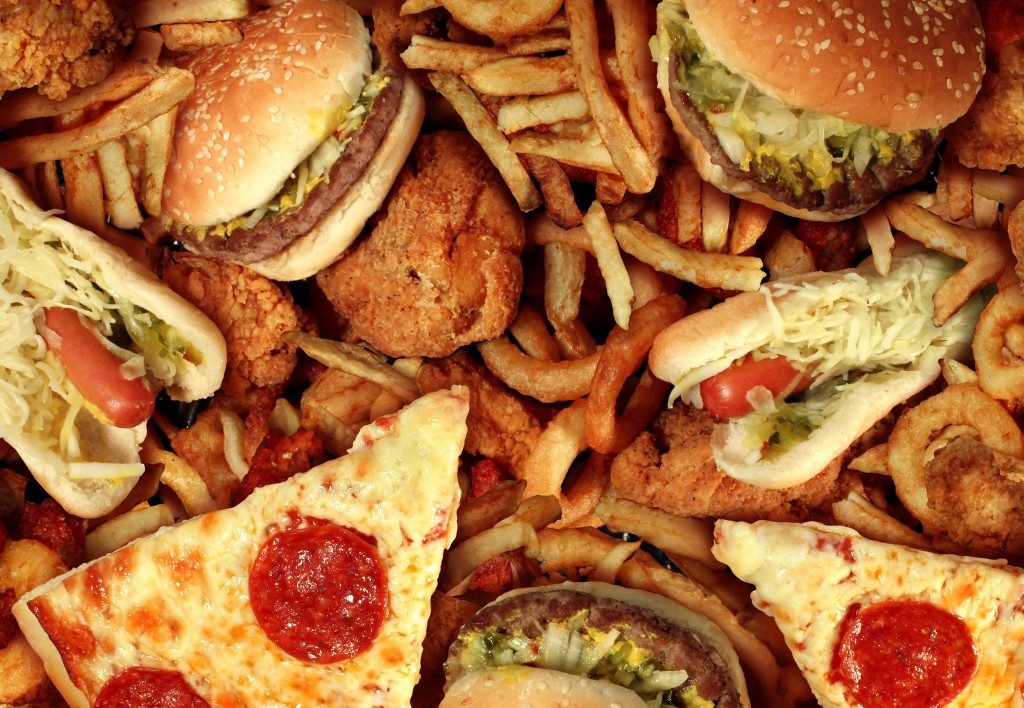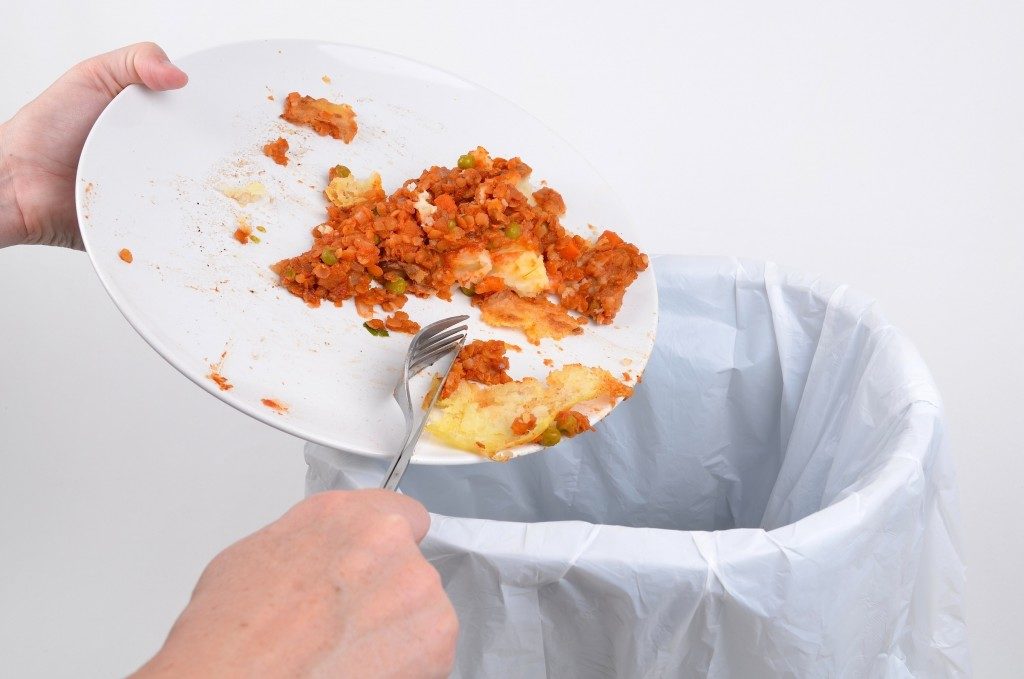Acne treatment in Provo is one of the best steps anyone can take for those suffering from this common skin disease. Studies showed how it could affect your self-esteem and quality of life.
But people who suffer from acne need to know one thing. The saying “You are what you eat” doesn’t apply here—at least directly. Eating greasy food doesn’t immediately equal to acne.
What Causes Acne Then?
Acne is an inflammatory skin condition that needs three factors to develop:
- Excessive sebum or oil production
- Clogged pores
- Bacteria
Sebum is the oil produced by the sebaceous glands. It moisturizes the skin, preventing water from evaporating. It also protects it from fungal and bacterial infections.
In an ideal condition, the body produces only enough sebum. Problems such as hormone fluctuations, though, can wreak havoc to your glands. In turn, you create a lot of it, and this oil accumulates in your pores. These dots that appear on the skin serve as hair follicle openings.
As it gathers, oil combines with dirt. Both then begin to clog your pores. With no way out, these follicle openings become the breeding ground for bacteria.
The bacterium is Propionibacterium acnes (P. acnes). It is part of the body’s natural microflora, and it is abundant on the skin. For some still-unknown reason, it triggers skin inflammation called acne.
Wait, There’s More

Does this mean then that diet doesn’t have anything to do with acne? Present studies don’t have a conclusive answer. Most mention that certain types of food can increase the risk or exacerbate the problem. These can include foods with a high glycemic index (GI) and dairy.
Foods with high GI raise blood sugar levels fast. Over time, it can lead to the cells’ resistance to insulin. It is a hormone that delivers glucose for energy. In other words, it can introduce a hormone imbalance.
When it comes to dairy, some proponents believe that it can stimulate chronic inflammation. It can be a risk factor for leaky gut, where the intestinal walls become semi-permeable.
They can then allow pieces of food, bacteria, and even toxins to enter the bloodstream. It will then cause the immune system to become overactive, leading to inflammation. Bad fats can also cause chronic inflammation and worsen acne. These could be because they also contribute to the leaky gut syndrome.
Just because you’re eating greasy food doesn’t mean you’ll develop acne. The oil found in what you eat is different from the one your body produces. Science is also unclear whether diet causes acne. What most studies say is food can either worsen or increase your risk.
However, it’s not because of the food you eat per se but the effects they have on your body. They can raise your susceptibility to chronic inflammation or overstimulate the immune system. They can cause hormone imbalances.
Because acne is a complex skin disease, it’s always best to see a dermatologist first. Only a professional can assess your skin and recommend the best type of treatment.



